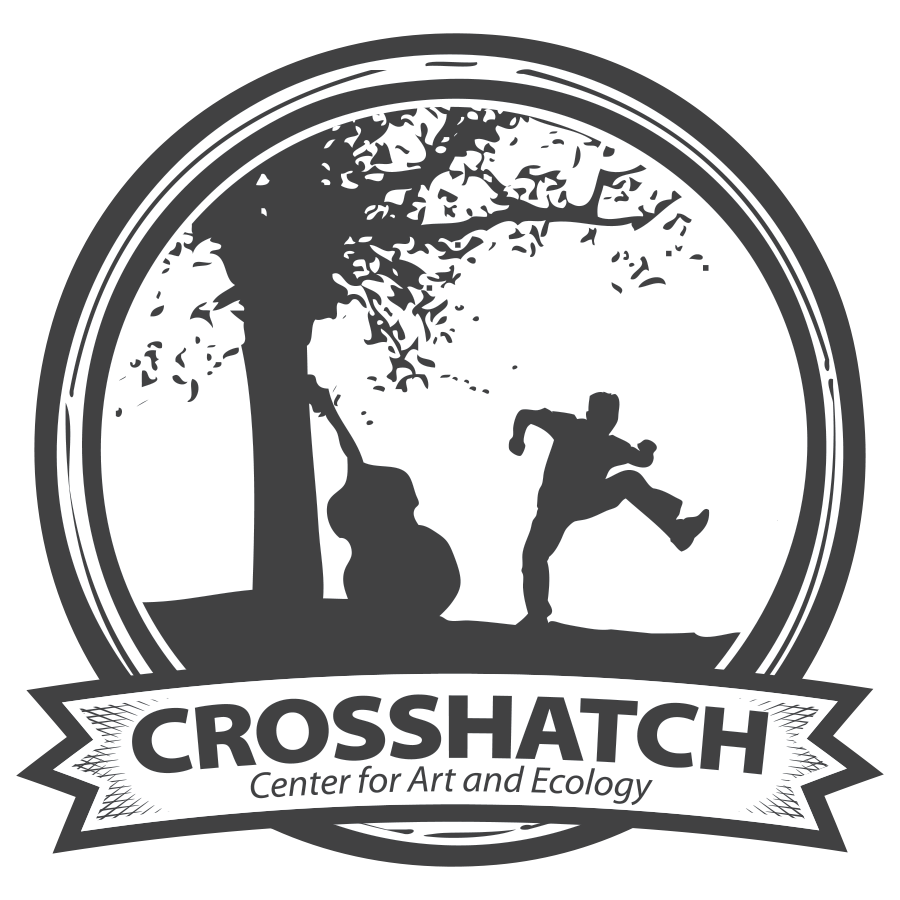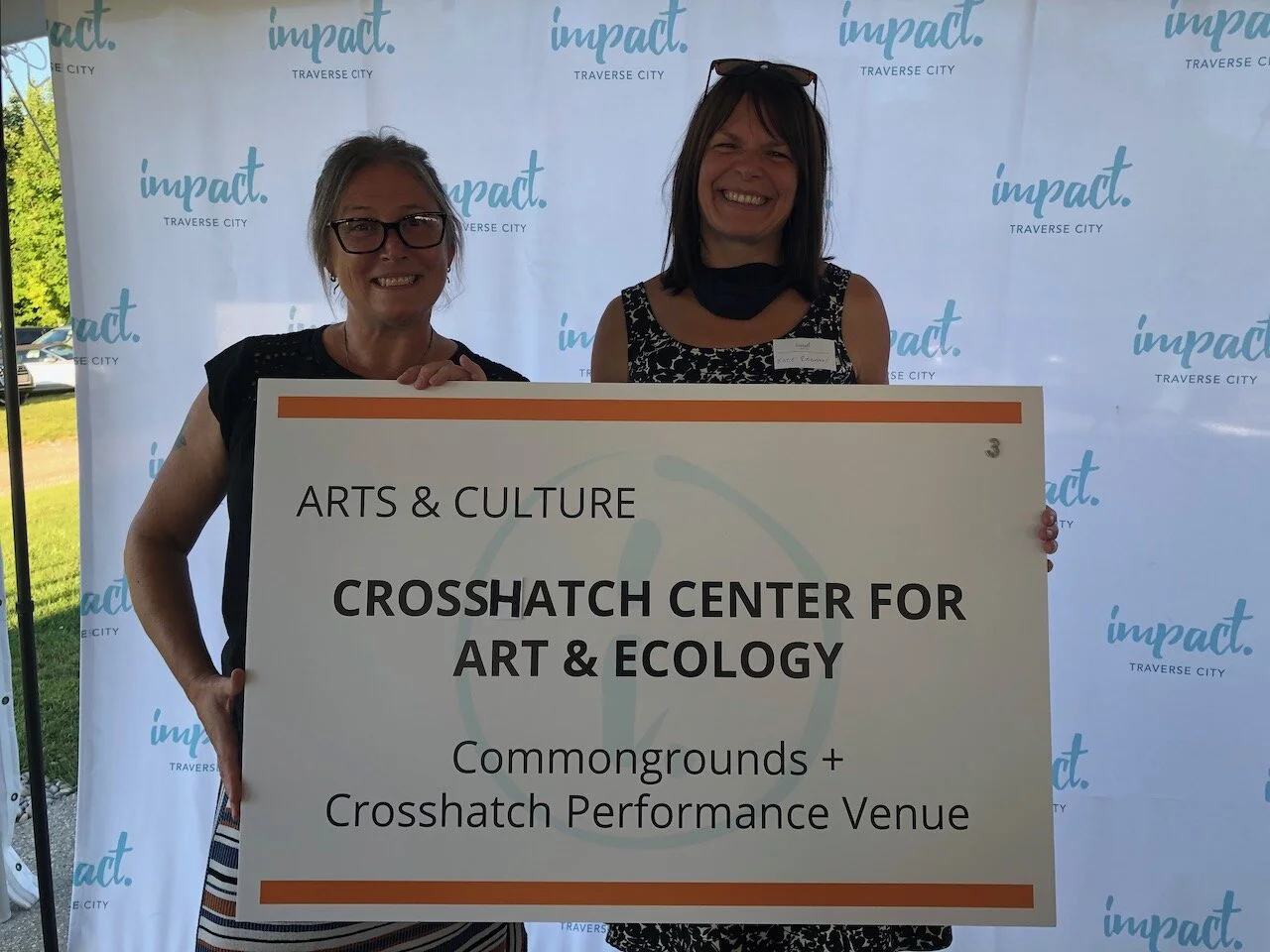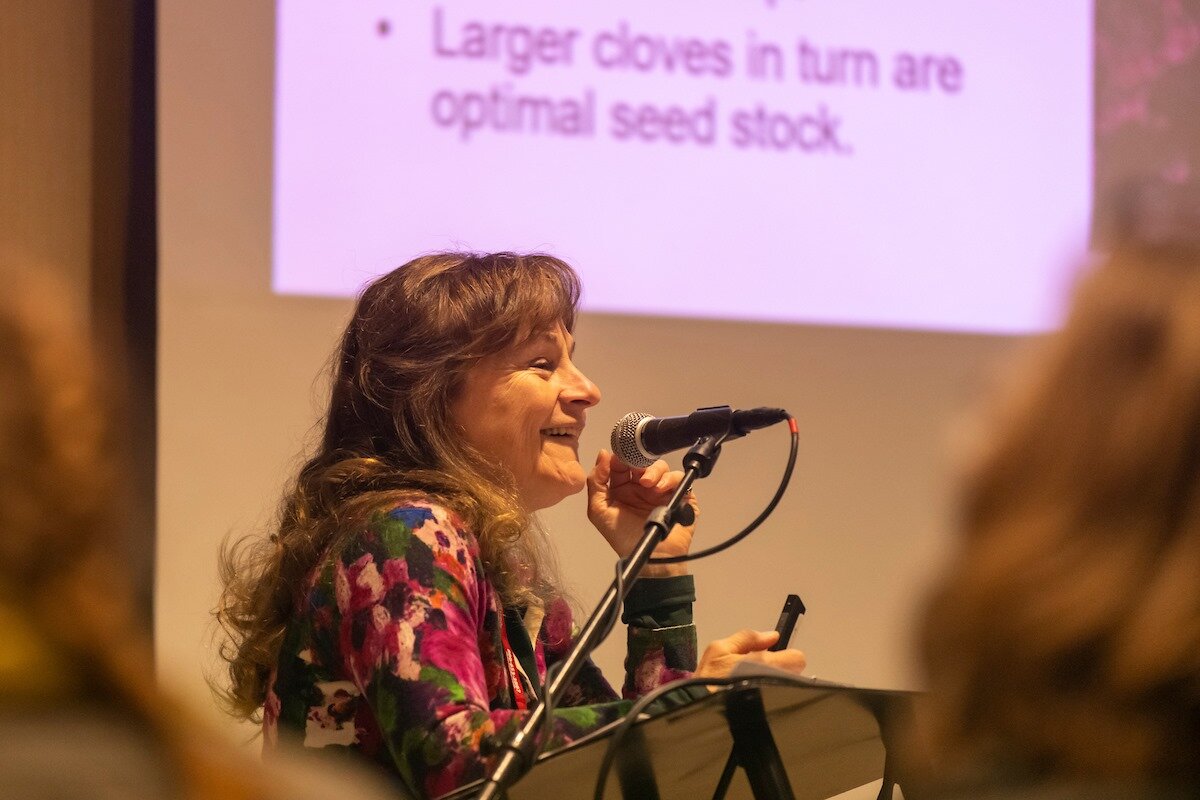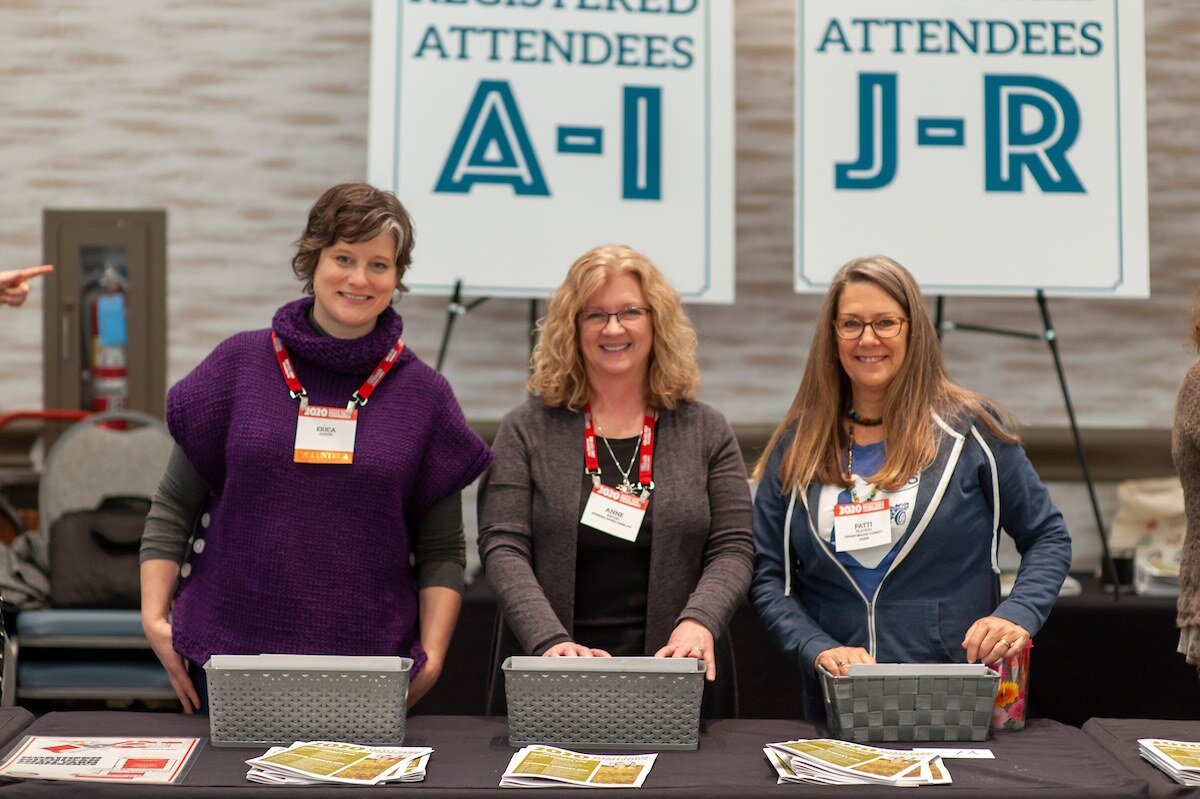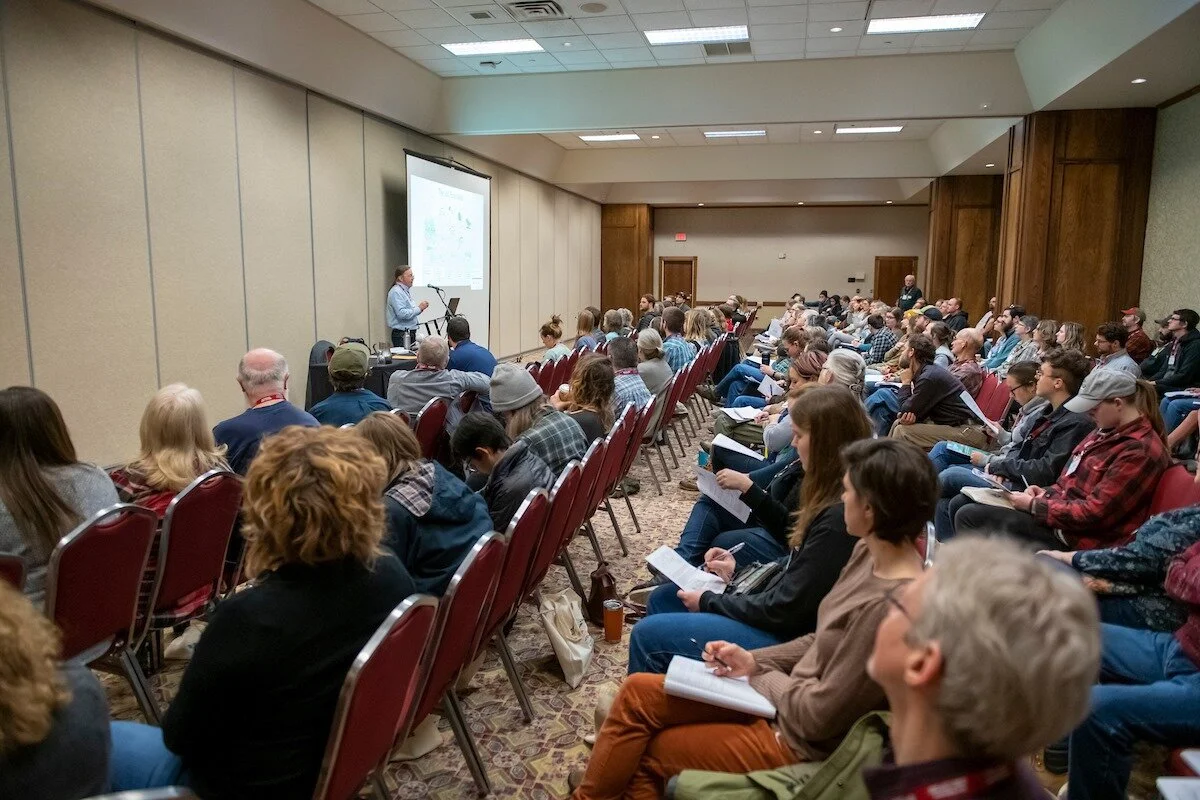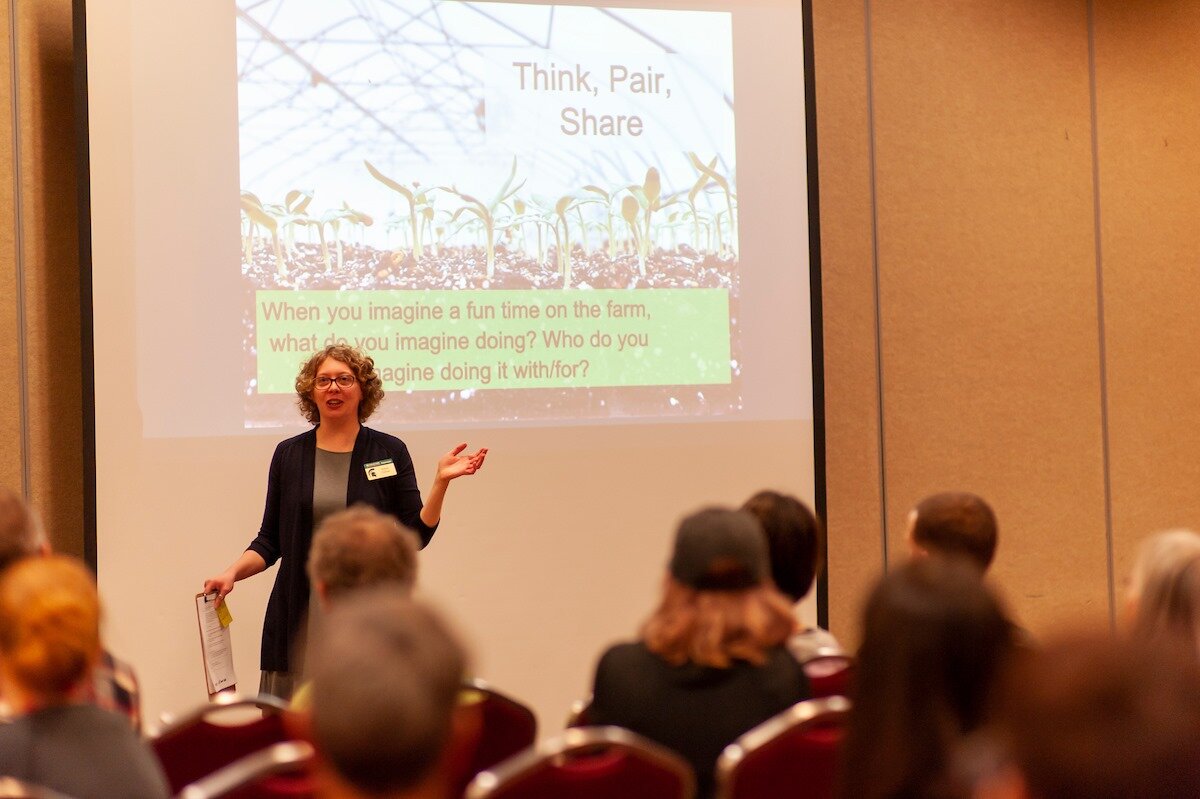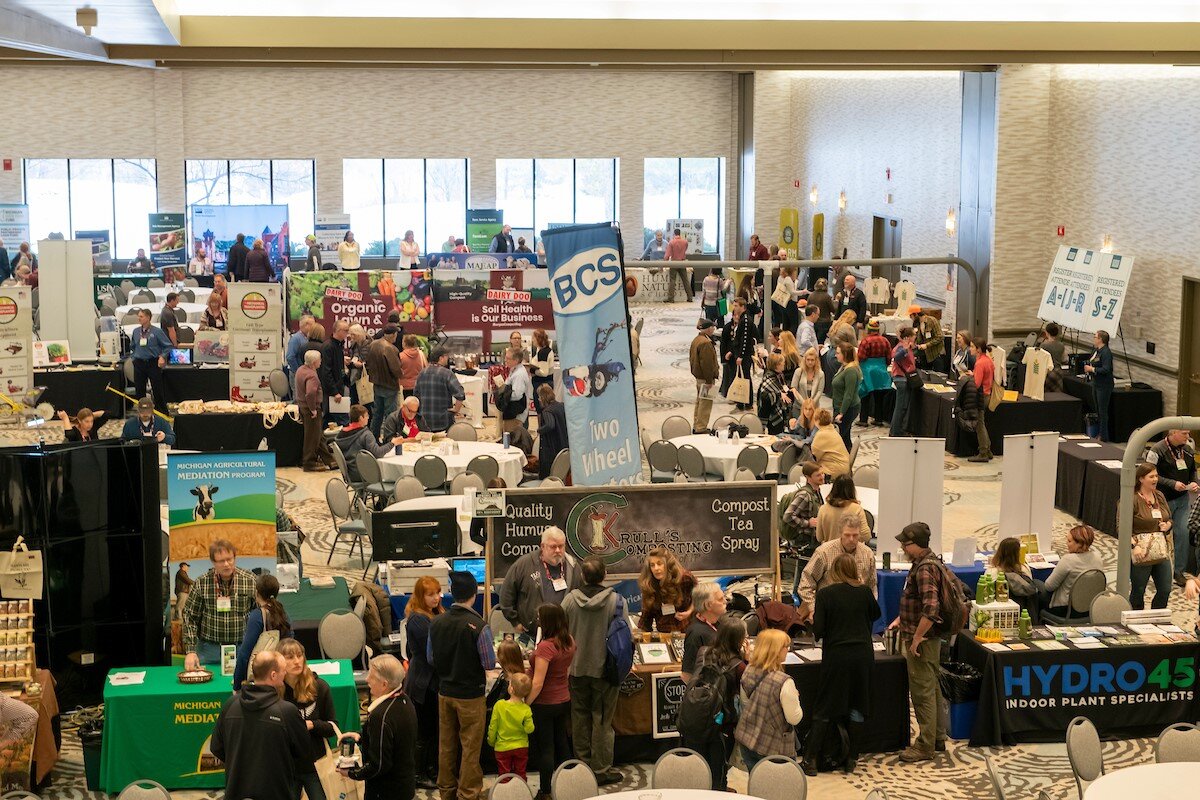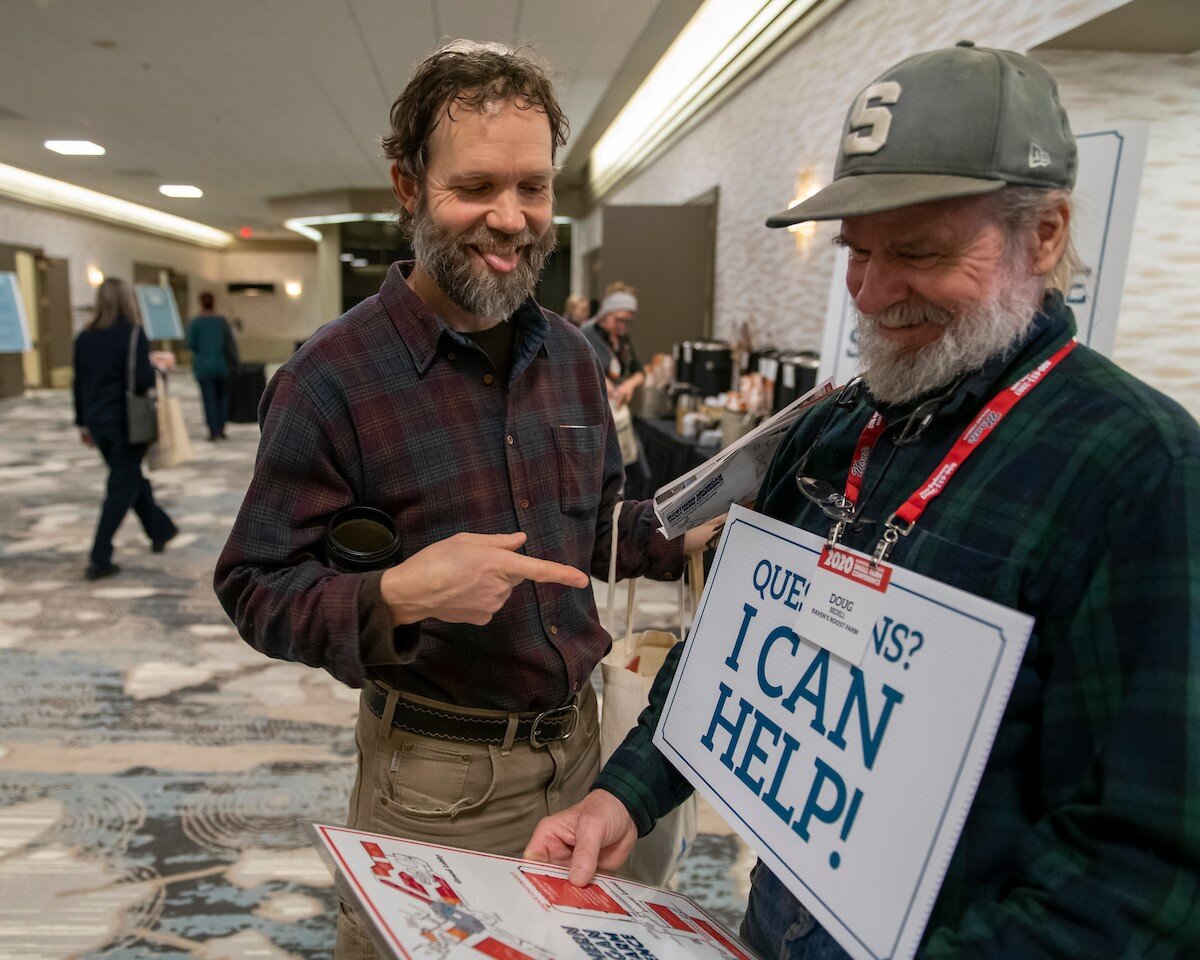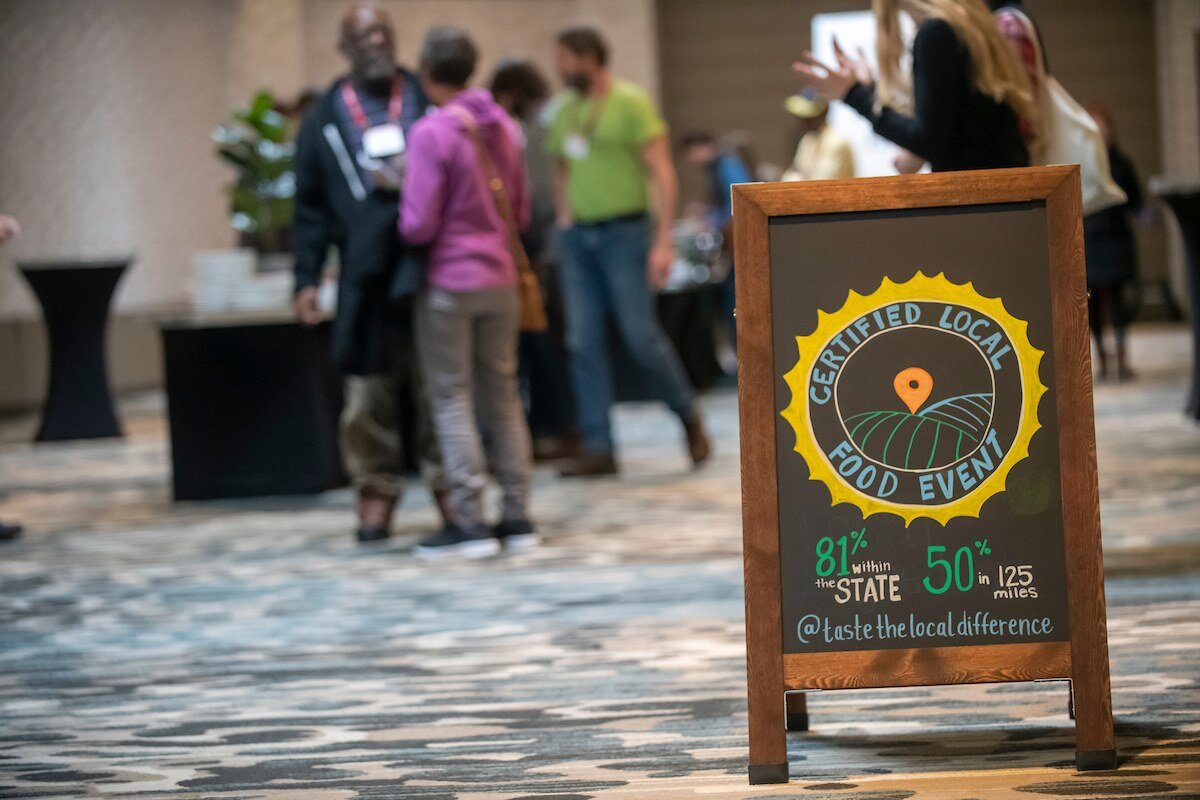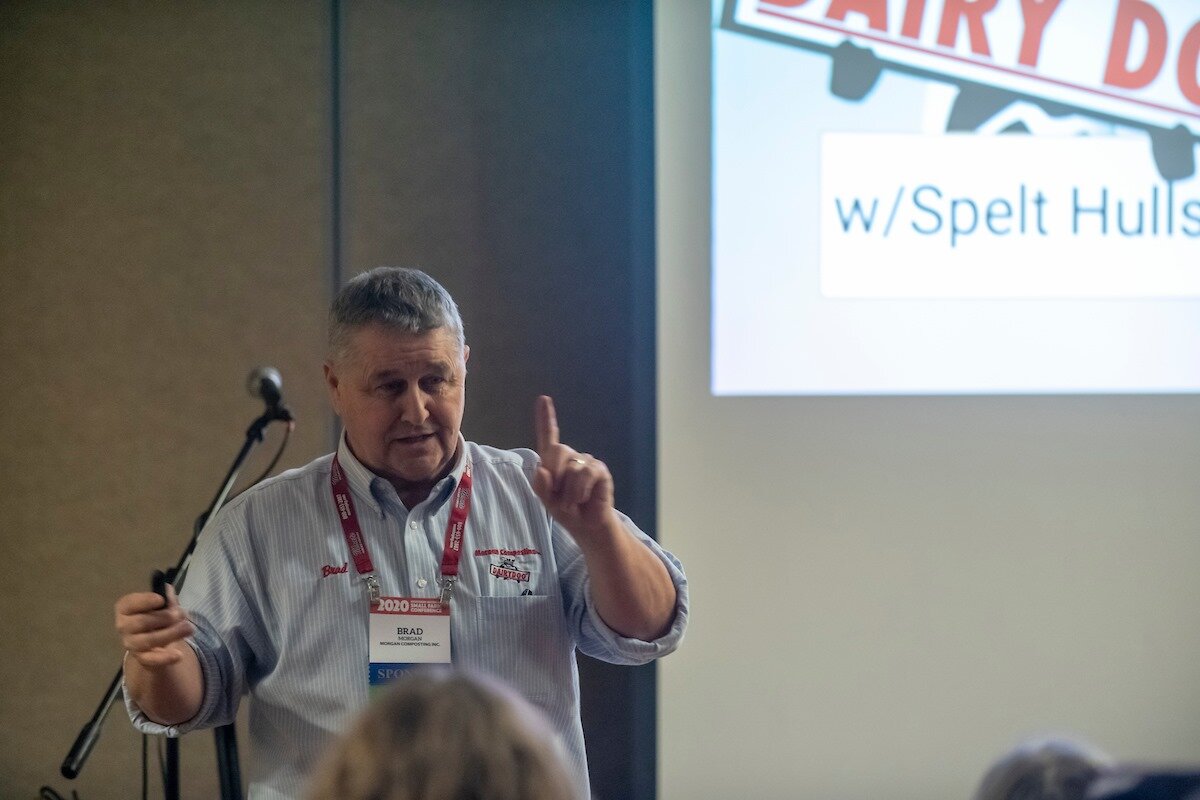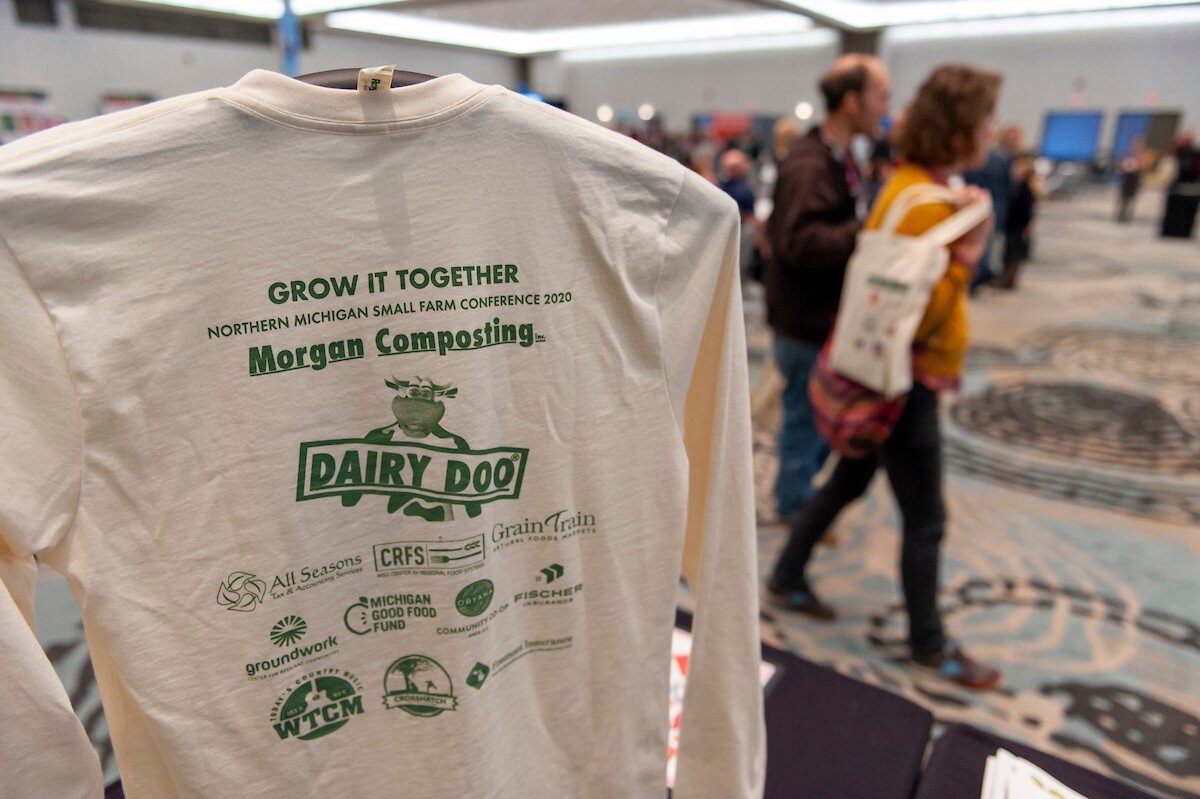Commongrounds and Crosshatch Are Impact 100 Finalists
We (were) hiring!
Crosshatch Artist Emergency Fund Expands to Charlevoix and Emmet Counties
Many of our region’s artists depend on gatherings for their income, be it concerts, fairs, festivals or galleries. Now, with widespread COVID-19-driven closings and cancellations, those artists are struggling with huge financial losses.
This is made worse by bad timing; winter in Northern Michigan is a slow time for the arts, and many local artists were running on fumes, waiting for spring gigs to refill their coffers. Now those gigs have been cancelled.
Crosshatch Center for Art & Ecology, whose Artist Emergency Fund has supported 40 artists with $20,000 in funding since March 13, is expanding their fund to include artists in Emmet and Charlevoix counties. The funding was originally available to artists in Antrim, Benzie, Grand Traverse, Kalkaska and Leelanau counties, and now, thanks to the Urgent Needs funds at the Charlevoix County Community Foundation and the Petoskey-Harbor Springs Area Community Foundation, the funding footprint has spread.
“In times of uncertainty, the arts are more important than ever,” said Amanda Kik, co-founder and co-director of Crosshatch. “As we reach for the songs, books, poems, television shows and movies that help us in this difficult time, we can also be sure to support the artists that have created all this great work.” Crosshatch will distribute funding as long as there is a need, and funds to disburse. Individuals can support the fund online at www.crosshatch.org/emergency.
The fund does not just support musicians; any artist impacted by COVID-19 cancellations can apply. The application is short and simple, and available online at www.crosshatch.org/emergency. Artists are eligible if they earn 33% or more of their income from their art, have lost income because of the COVID-19 crisis, and live in one of the seven designated counties. Requests may be made for up to $500 and are disbursed on a first-come, first-served basis.
Crosshatch Artist Emergency Fund Helps Artists in the Age of COVID-19
Artists working in the gig economy are particularly hard hit when emergencies strike. As the coronavirus pandemic expands, events are being canceled, which often means loss of income for the artists involved.
Crosshatch Center for Art and Ecology is working with funders in Northern Michigan to provide emergency funds for artists in need right now. They have started with a seed fund of $9,000, and are actively raising money to expand the fund.
“Within hours of announcing the emergency fund, we had several artists apply, reporting many thousands of dollars in losses. These are artists that we know and love here in Northern Michigan, and it is heartbreaking to know that their families are struggling” said Amanda Kik, co-founder and co-director of Crosshatch. “Please help support this fund if you are able.”
Artists can apply right now—the application is short and simple. It is available online at www.crosshatch.org/emergency.
Crosshatch awarded $50,000 to build more resilient farms
Crosshatch was awarded $50,000 through the Extension Risk Management Education Competitive Grants Program, a program of the US Department of Agriculture National Institute of Food and Agriculture.
Crosshatch will utilize the grant to provide programming for small farmers in Northwest Lower Michigan in regenerative agriculture, agroforestry and renewable energy, reducing risk for farmers facing challenges in the current financial climate and helping them to adapt to weather shocks.
Workshops will include silvopasture and alley cropping; forest farming; living fences and hedgerows; on-farm renewable energy; and carbon farming.
In partnership with the NWMI Small Business and Development Center and Leelanau, Benzie, Grand Traverse and Antrim Conservation Districts, farmers will be provided with individual follow-up sessions to develop and implement business and agroforestry plans.
The popular Twilight Tours series—free farm tours by farmers for farmers— will focus on examples of regenerative agriculture, agroforestry, and renewable energy in practice.
Thanks for a great conference!
“I love the Northern Michigan Small Farm Conference! It is a gathering of many of my favorite people, many of whom I only see once or twice a year. I can count on new things and making connections that are important to me.” —Conference attendee
Thank you for another great conference! From the feedback, you loved the conference as much as we did. Thanks for showing up, digging deep, and learning with us.
In the News: Long Memory Project in 9&10 News
GTPulse: Long Memory Project Preserves More Than History
October 3, 2019
I have fuzzy memories of reading The Giver when I was in middle school. What I can remember is a community elder passing down the communities memories through storytelling and teaching. We have history books and media to recount events, but where do communal memories go? When something significant happens in a community, where do the emotions and the details disappear to as time passes? Crosshatch Center for Art & Ecology in Bellaire, Michigan is working to preserve Northern Michigan’s memories of hope, activism, social justice and so much more through their Long Memory Project.
Crosshatch is hiring a Development Coordinator!
Now Hiring /// Development Coordinator
Overview
Crosshatch is a small nonprofit in Northwest Lower Michigan dedicated to building strong communities through the intersections of art, farming, ecology and economy. We are seeking a Development Coordinator with strong skills in donor development and grant writing.
The Development Coordinator will refine and implement a fund development strategy that includes mail campaigns, special events, sponsorships, and grants of many kinds. You will also provide technical and research support for major donor relationship development, and manage a portfolio of donors. You will enjoy close support from the staff and board of Crosshatch, and report directly to the co-directors.
Hours and Location
40 hours/week including some evening and weekend work. You will primarily telecommute (as do all Crosshatch staff) with a high level of autonomy and equally high levels of expectation. We are based in Northwest Lower Michigan—our service area runs the coasts from Manistee to Mackinac, with major areas of impact centered in Bellaire, Traverse City and Petoskey. You may live anywhere in this region, though a central location is advantageous. Travel (with your own car) throughout the region is a regular requirement of the position (mileage is reimbursed). Similarly, excellent telecommuting skills are required, including texting, email, phone, Glip, social media and other internet communication technologies.
Major Responsibilities
Donor Relationship Development
- Implement and improve two key annual giving activities: a year-end letter and spring matching gift campaign. The Development Coordinator will craft timelines and strategies, and will implement the day-to-day logistics of the campaign.
- Prospect, steward, and engage new donors.
- Manage a portfolio of major donors.
- Record and send tax receipt for all gifts.
- Work with Crosshatch staff to integrate special events into a larger fund development strategy.
- Plan and implement future capital campaigns.
- Build an annual report and other specific program reports as needed.
- Manage Salesforce, tracking all donations, sponsorships, and address changes for contacts; run reports for staff and board as needed.
Grant Writing and Management
- Write 15-20 grants per year, including both one page requests to family foundations and complex federal grants. The Development Coordinator will also write letters of inquiry to granting organizations.
- Manage and report on grants received.
Sponsorships and Corporate Support
Secure sponsorships for all Crosshatch events, prospect new leads, and maintain current relationships.
Other Responsibilities
- Attend board meetings as needed, and provide reports and evaluations of development efforts.
- Engage in ocasional professional development opportunities (i.e., conferences and workshops, locally or afar).
Minimum Qualifications
- Demonstrated capacity in raising funds through both grant writing and individual gifts.
- A working knowledge of the partners, donors and influencers in our region.
- An understanding of the major themes in sustainable agriculture, environmental concern and the arts at a local, state and national level.
- Excellent writing skills.
- Skilled in building and following budgets.
- Ability to rapidly adapt to change, innovate, go with the flow, simplify and discover practical solutions to hard problems.
- Flawless attention to detail and impeccable personal organization skills.
- Exceptional verbal and interpersonal communication skills.
- Self-motivated and professional demeanor.
- Expertise in Salesforce, Google Drive, MS Office and/or iWork, email, Mac OS
Compensation and benefits
Salary is dependent on applicant’s experience. Benefits also include flexible work schedules, ample paid time off and retirement plan. We are working toward offering partial health care coverage beginning in July 2018.
Equal Opportunity
Crosshatch is an equal opportunity employer and value diversity. We committed to creating an inclusive and safe environment for all employees. All qualified applicants will receive consideration for employment without regard to race, color, religion, sex, sexual orientation, gender identity, national origin, genetics, disability, age, or veteran status.
Application Instructions
Interested folks should submit an application here.
This position will remain open until filled by the right person.
Questions regarding this position should be directed to Amanda Kik, amanda@crosshatch.org.
MICRO LOAN IS BACK!
In 2017, Crosshatch and Grain Train Food Co-op awarded Pitchfork Farms with a Micro Loan to get their berry production started. Matt and Ellie Evans live in Petoskey with their 4 kids: Bo, Remy, Tucker, and Annie and their 1,500 chickens. Pitchfork Farms has been in operation, mostly offering raw milk herd shares, for the past 6 years. Three years ago, they began raising chickens for eggs and meat. And this year, thanks to a boost from the Micro Loan, they began work on their berry production - strawberries, blackberries, and raspberries that, as of Summer 2018, will be available for U-Pick at their farm in Petoskey.
Ellie was thankful for the Micro Loan to start a project that, at this point, no one else is doing in Petoskey. “The loan goes beyond helping the farming community, it helps the community at large too,” said Ellie. “There’s been a demand for u-pick berries, and right now people have to drive out of Petoskey to find it. To provide something that no one else is doing right now feels really good.”
This is the Micro Loan program at its finest. With zero interest rates, long pay-back times, and facilitators that care about the food & farming community, the Micro Loan is a welcome alternative to traditional methods of financing. Crosshatch, in partnership with Grain Train, is happy to be able to coordinate this program, to help small farms like Pitchfork build their business, and to show that their work is valued. “It was such a great feeling,” said Ellie, of being alerted that they had been awarded the loan, “to know that someone else believed in what we’re doing.”
The 2018 Micro Loan application is now open, and there are a few changes we're excited to announce:
- Total funds available upped from $6,000 to $10,000 this year!
- Repayment terms dependent on loan size
- 0% interest rate
- No application fee
The deadline to apply is February 12, with loans going out in early March. Apply now and spread the word. Learn more at: www.crosshatch.org/micro-loan/
